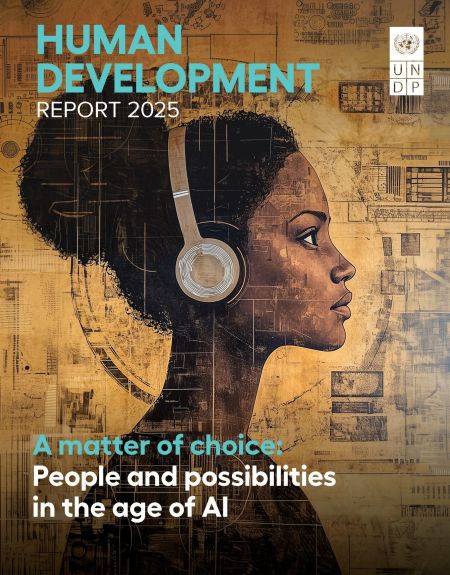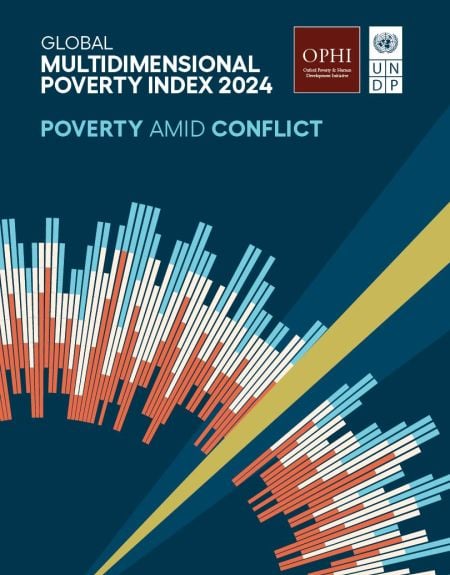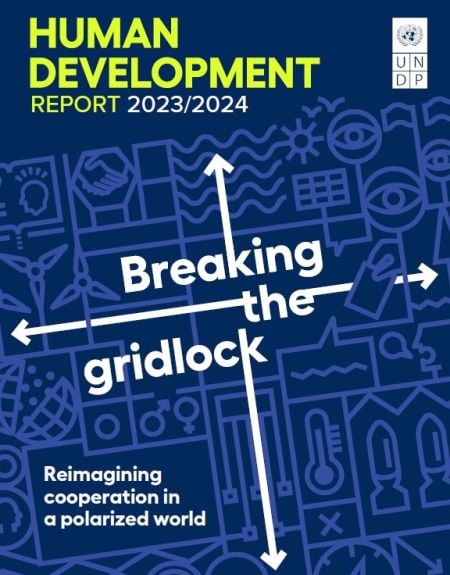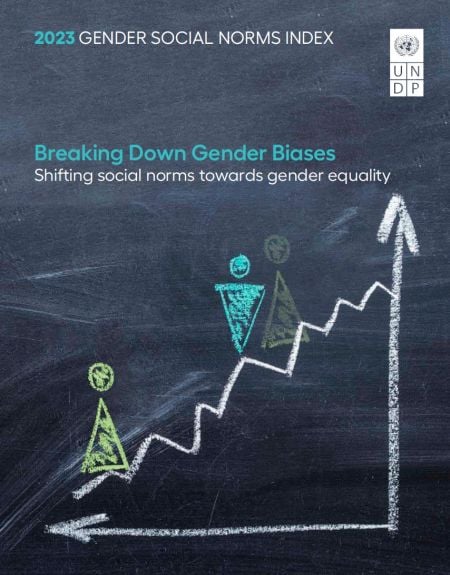Reports and Publications

Global Reports
Human Development Report 2025
A matter of choice: People and possibilities in the age of AI
The 2025 Human Development Report explores the implications of artificial intelligence for human development and the choices we can make to ensure that it enhances human capabilities. Rather than attempting to predict the future, the report argues that we must shape it—by making bold decisions so that AI augments what people can do.

Human Development Perspectives
2024 Global Multidimensional Poverty Index (MPI)
Poverty amid conflict
The 2024 Global Multidimensional Poverty Index (MPI) report overlays violent conflict data with multidimensional poverty data to better understand their interlinkages across countries and over time.

Global Reports
Human Development Report 2023-24
Breaking the gridlock: Reimagining cooperation in a polarized world
The 2023/24 Human Development Report assesses the dangerous gridlock resulting from uneven development progress, intensifying inequality, and escalating political polarization, that we must urgently tackle. The report emphasizes how global interdependence is being reconfigured and proposes a path forward where multilateralism plays a pivotal role.
